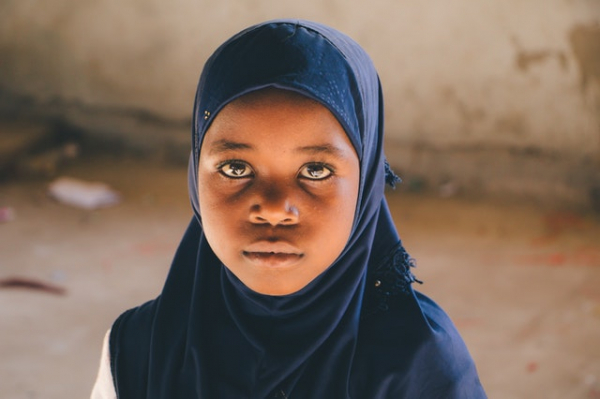
Reports indicate that Christians and other non-Muslim students and female workers have been coerced to wear the jilbab, also called "hijab" in English, a mandatory apparel for Muslim girls and women.
Since the Indonesian government imposed a dress code for Muslims in 2001, it had led to widespread bullying against girls and women who didn't conform. Non-compliance had girls leave or be removed from their schools, while female workers have either lost or given up on their jobs because of the incessant demand to dress like Muslim women. Pressures to conform have also caused them psychological distress.
"Indonesian regulations and policies have long forced discriminatory dress codes on women and girls in schools and government offices that violate their right to freedom from coercion to adopt a religious belief," said Elaine Pearson, Australia director at Human Rights Watch.
Furthermore, international human rights law which covers freedom to manifest religious beliefs, freedom of expression, and to education without discrimination have also included one's right to choose what to wear. Limitations on any of these rights must be for legitimate reasons and should not be used as a tool to discriminate. These apply to both men and women.
On February 3, officials issued a decree allowing students or teachers to choose what to wear in school, with or without "religious attributes." This was following the case of a secondary school student in Padang in January. In a video uploaded on social media, a father is seen arguing with his daughter's teacher for the repetitive coercion to wear hijab even though she is not a Muslim. The video went viral, thereby prompting the concerned departments to take action.
"I am grateful that my daughter's case opened the eyes of everyone- now they are finally aware of the persecution of faith in schools," the student's father told ICC.
"As it turns out, the same thing has occurred not only in Padang, but also in several other places. My hope is that in Indonesia, there will no longer be any form of faith persecution in schools," be added.
The new decree was signed by the Education and Culture Minister Nadiem Makarim, Home Affairs Minister Tito Karnavian, and Religious Affairs Minister Yaqut Cholil Qoumas.
Nadiem Makarim, Education and Culture Minister, claims that the incident is a "misinterpretation" of a 2014 regulation on school uniforms. At that time, the ministry issued a national state school uniform where the illustration used showed "Muslim clothing." Despite disclaimer from then education minister Mohammad Nuh that it isn't mandatory even for Muslim girls, the regulation was enough of an excuse for pro-hijab school heads to pressure girls to wear what they deemed as proper clothing.
Religious Affairs Minister Yaqut Cholil Qoumas, on the other hand,acknowledged that the Padang case shows how the mandatory hijab regulation has been used "to discriminate, intimidate and pressure schoolgirls."
The new decree mandated local governments and school principals to revoke any mandatory hijab regulations by March 5. Officials who will refuse to comply will be sanctioned including the withholding of their education funds from the office of the education minister.
Only state schools that are under the management of local governments and the Education and Culture Ministry are required to abide. Islamic state schools and universities under the Religious Affairs Ministry are exempted. The province of Aceh, which officially follows a version of Sharia, is also exempted in respect to its autonomy.












